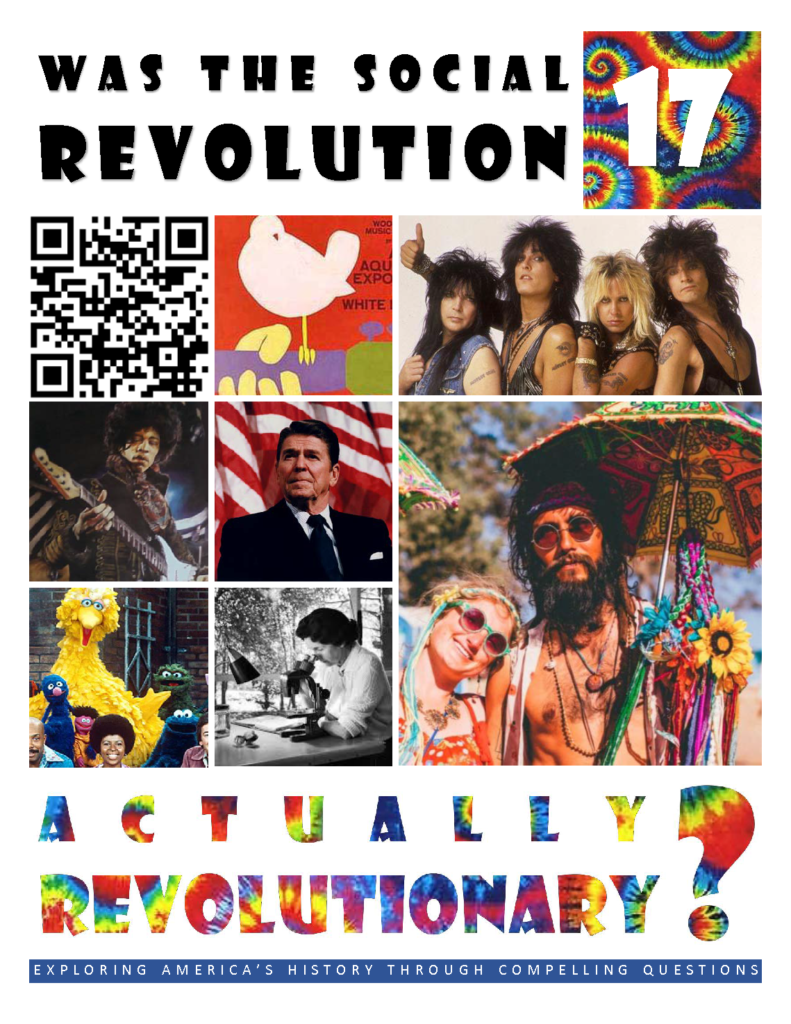
PRINT VERSION
The 1950s are remembered as one of the most conservative decades in the past century. A Republican was in the White House. Conformity was the norm. Underneath the veneer of peaceful sameness, however, an eagerness for change was brewing, and by the time the Baby Boomers who had behaved so nicely as schoolchildren in the 50s left home for college in the 60s, Americans were falling over themselves to remake their nation. The Civil Rights Movement was making headlines. Democratic presidents were expanding government in an effort to go to the Moon, create a Great Society and save the Earth. As the Social Revolution unfolded, liberals broke down rules about music, marriage, sex, gender, and drugs.
By the end of the 60s, they had gone too far. Musical innovators overdosed on drugs. Government had grown too much. High taxes and the war in Vietnam combined with economic problems in the 70s and dampened everyone’s spirits. The psychedelic excitement of the earlier decade faded as the Baby Boomers grew up, had children, looked for jobs and became Yuppies.
In the 1970s, conservatives asserted themselves and offered a different path. They lowered taxes and promoted traditional social values. They implemented a war on drugs and put labels on vulgar music.
What do we as historians make of this social seesaw? A revolution is a change that cannot be undone. Can we call the changes of the 1960s a Social Revolution if we also call the changes that followed them a Conservative Revolution?
Perhaps the Social Revolution was just an anomaly. Maybe it was just a brief moment of heady liberalism. A freak accident, perhaps, when too many teenagers became young adults all at the same time and everyone suddenly thought they could fix every problem.
Alternatively, perhaps the true nature of America is one of change. If that is true, the conservativism of the 50s and 80s were a natural reaction of fear and trepidation, but they were the exception, not the rule. This would explain why the Beat Generation existed even when so many people were trying to fit in during the 50s, and also why the conservatives of the 70s and 80s weren’t able to undo so many of the changes the Social Revolution inspired. After all, if America is a nation of change, you cannot stand still for too long, and you certainly cannot go backwards.
What do you think? Was the Social Revolution really revolutionary?
CONTINUE READING
